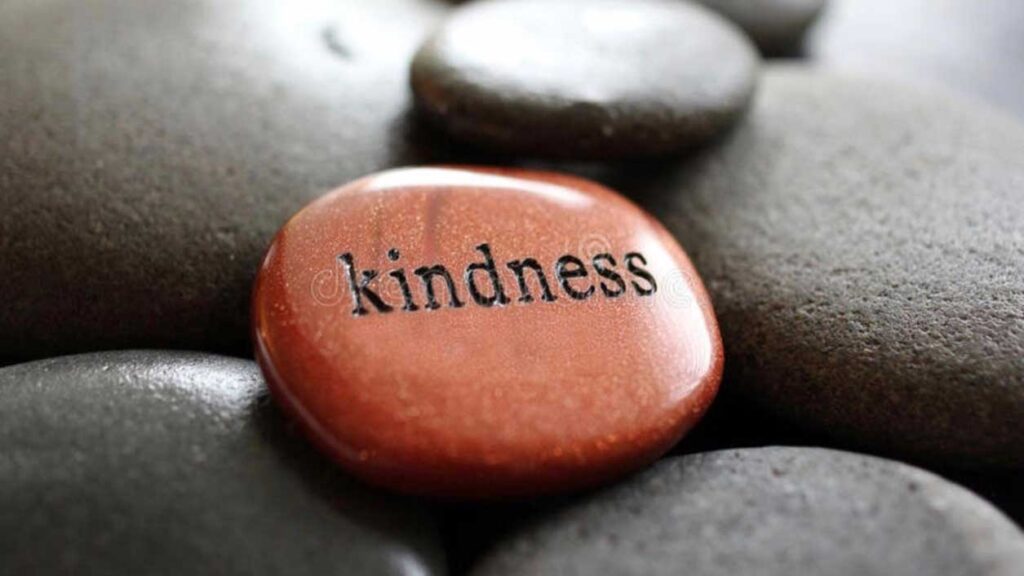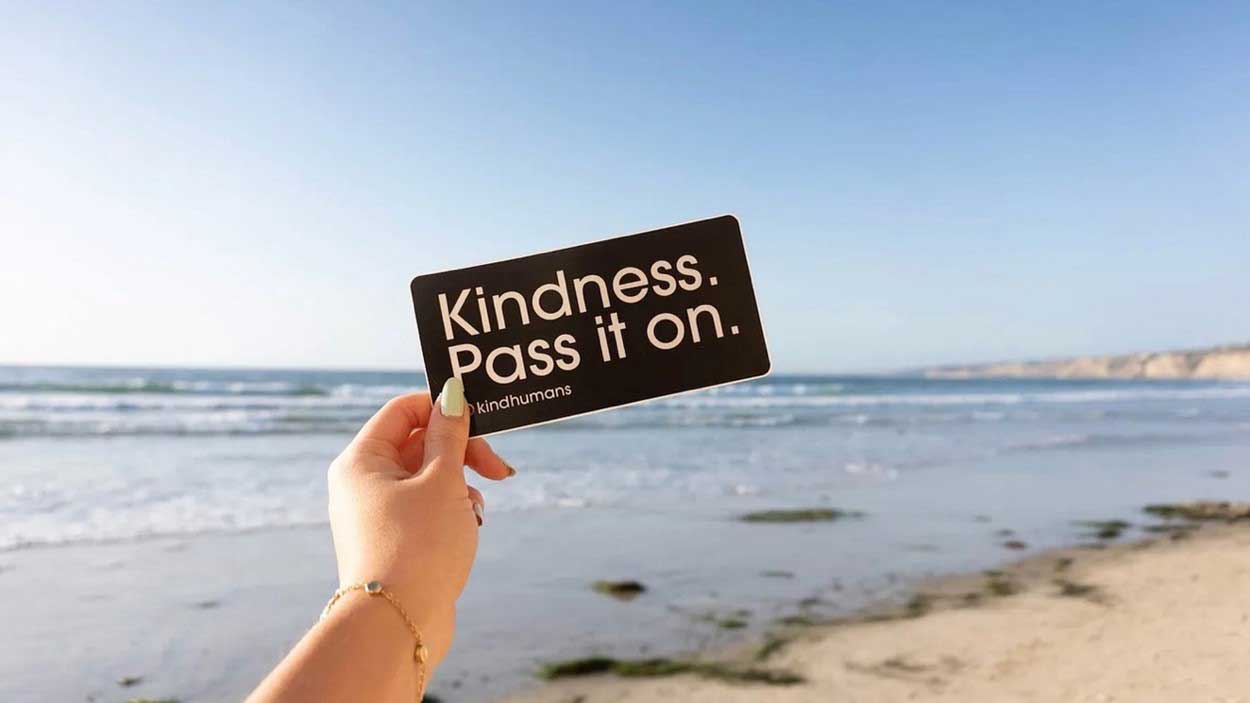The Profound Impact of Kindness: A Ripple Effect That Transforms Lives
In a world often bustling with chaos and challenges, kindness emerges as a beacon of hope, offering solace and warmth in the lives of many. It is a gentle force capable of igniting joy, healing wounds, and connecting souls. Kindness, often underrated in its simplicity, holds immeasurable power, and its significance reverberates through time and across cultures.
Defined as the quality of being friendly, generous, and considerate, kindness encapsulates a myriad of actions, big and small, that cultivate compassion and empathy. It thrives not merely in grand gestures but in the everyday moments, in the smiles shared with strangers, the lending of a listening ear, or the simple act of holding the door open for someone.
One of the most remarkable aspects of kindness lies in its domino effect. A single act of kindness can set off a chain reaction, inspiring others to pay it forward. Whether it’s buying a meal for a person in need, offering support to a colleague, or volunteering time to help a cause, these actions create a ripple effect, spreading positivity and goodwill throughout communities.

Research in psychology and neuroscience consistently demonstrates the profound impact of kindness on mental health. Acts of kindness trigger the release of oxytocin, known as the “love hormone,” reducing stress and enhancing overall well-being. Moreover, both the giver and the receiver experience a surge in happiness, fostering a sense of connection and belonging.
The legendary children’s show host, Mr. Rogers, was once asked what the keys are to be successful in life. He said, “The first way is to be kind, and the second way is to be kind, and the third way is to be kind.” Perfectly said and quite true. In a society often fixated on success and competition, kindness serves as a potent remedy against division and hostility. It transcends boundaries, fostering understanding and unity among individuals from diverse backgrounds. It cultivates a culture of empathy, where differences are celebrated, and compassion becomes the common language.
Teaching kindness from a young age is pivotal in shaping a future generation that values empathy and understanding. Schools and families play a crucial role in instilling the importance of kindness, creating environments that prioritize empathy, respect, and acceptance. By nurturing these values early on, we sow the seeds for a more harmonious and compassionate world.
In our digital age, kindness extends beyond face-to-face interactions. Social media platforms, often criticized for their negative impact, can be spaces to spread positivity and support. Simple acts like leaving an encouraging comment, sharing uplifting stories, or raising awareness about important causes can create a virtual community founded on compassion.
Amidst the complexities of life, it’s easy to underestimate the potency of kindness. Yet, in its simplest form, kindness has the power to heal, to uplift spirits, and to transform lives. It stands as a testament to our shared humanity, reminding us that, despite our differences, kindness remains a universal language that binds us together.
Kindness isn’t merely a virtue; it’s a catalyst for change. The effects of kindness resonate far beyond the moment of action, leaving an indelible mark on hearts and minds. As we navigate the ebbs and flows of life, let us embrace kindness as a guiding principle, a force capable of shaping a brighter and more compassionate world for all. Remember, a single act of kindness can spark a revolution of empathy and goodwill, illuminating even the darkest corners of our existence.


